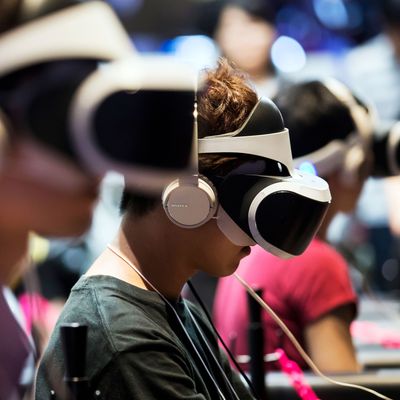
An early draft of the World Health Organization’s 11th International Classification of Diseases includes obsessive gaming among its newest additions. “Gaming disorder,” as far as the WHO is concerned, isn’t about those of us who get temporarily fixated on a new game, but about people who become so hooked on video games that it becomes their entire life, to the detriment of their, you know, real life.
From the WHO:
Gaming disorder is characterized by a pattern of persistent or recurrent gaming behaviour (“digital gaming” or “video-gaming”), which may be online (i.e., over the internet) or offline, manifested by: 1) impaired control over gaming (e.g., onset, frequency, intensity, duration, termination, context); 2) increasing priority given to gaming to the extent that gaming takes precedence over other life interests and daily activities; and 3) continuation or escalation of gaming despite the occurrence of negative consequences.
A WHO spokesperson told CNN that the addition of gaming “includes only a clinical description and not prevention and treatment options.” To be diagnosed, the WHO requires at least a year of monitoring gaming behavior. So chances are good that you won’t be able to blame all of those hours you spent this year playing Zelda: Breath of the Wild on a gaming disorder. But hey, it’s definitely a real and medically recognized issue. Unlike “selfitis.”





























